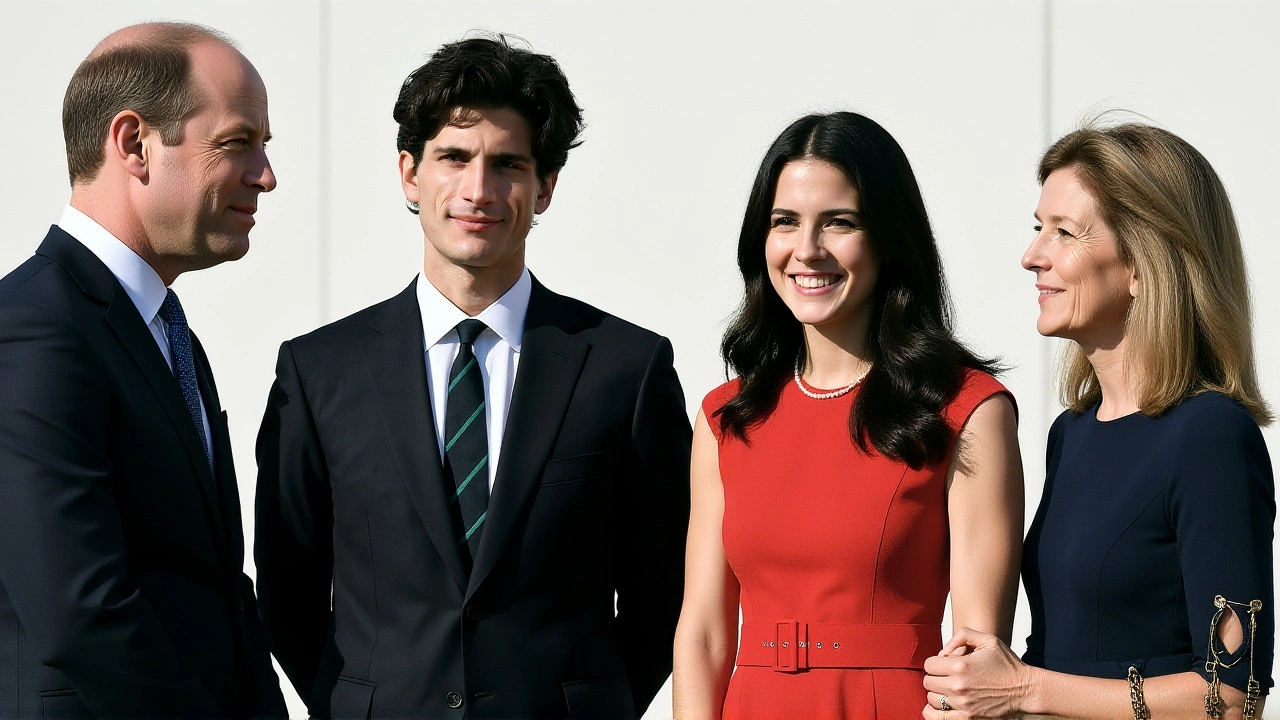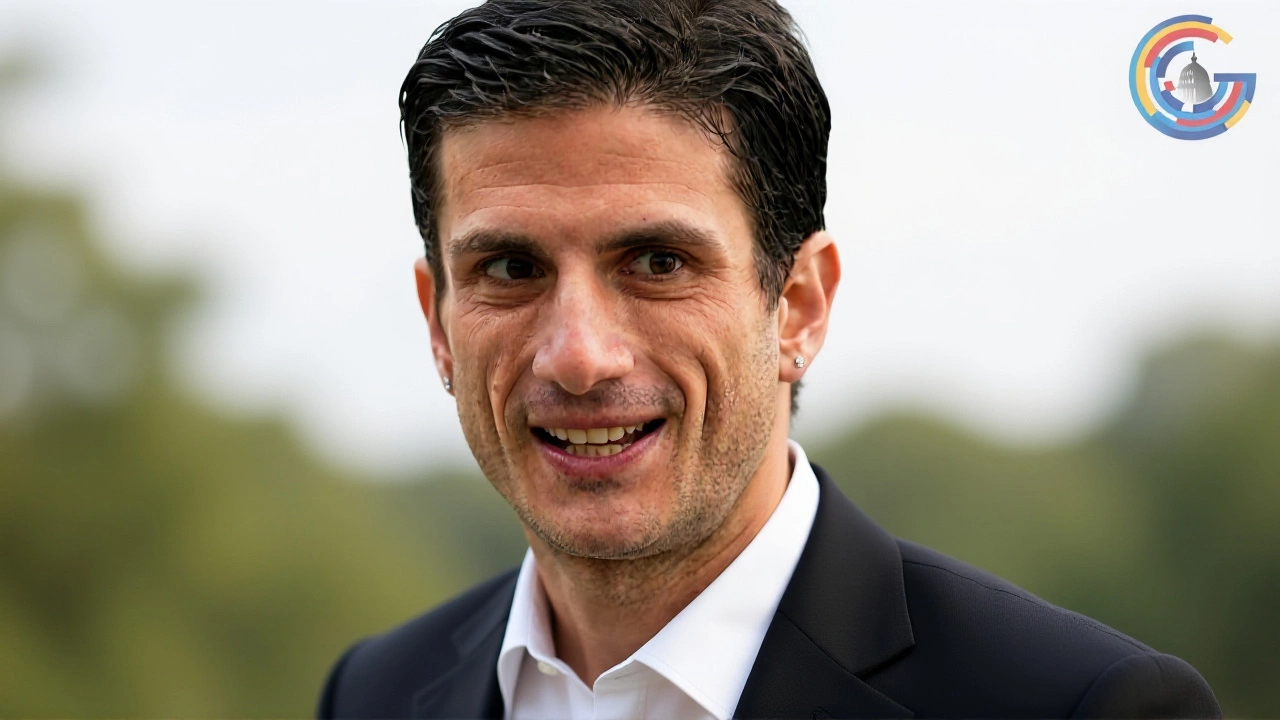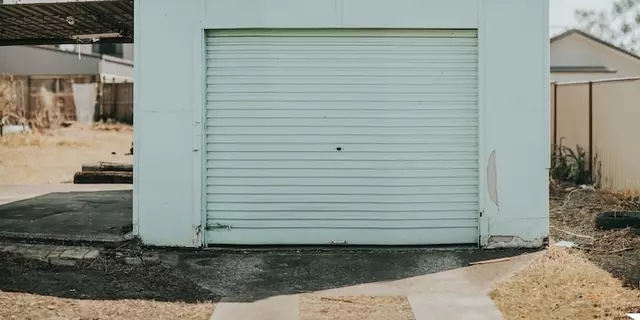When Tatiana Schlossberg walked into Columbia University Irving Medical Center for a routine postpartum checkup in May 2024, she expected to hear she was recovering well—after all, she’d swum a mile the day before giving birth. Instead, doctors found her white blood cell count dangerously low. No pregnancy side effect. No explanation. Just a chilling diagnosis: terminal acute myeloid leukemia with the rare Inversion 3 mutation. She was 34. Her second daughter was three weeks old. In a raw, unflinching essay published in The New Yorker on November 23, 2025, titled A Battle With My Blood, Schlossberg, granddaughter of President John F. Kennedy, revealed she has about a year left to live.
A Diagnosis That Defied Logic
Schlossberg didn’t feel sick. Not then. Not until the chemo started. She was the kind of person who ran marathons, carried her toddlers on hikes, and never missed a yoga class. "I wasn’t sick. I didn’t feel sick. I was actually one of the healthiest people I knew," she wrote. The irony was brutal. Her body, which had just birthed life, was betraying her from within. The Columbia University Irving Medical Center team ruled out pregnancy complications, infections, even autoimmune disorders. Only one possibility remained: AML with Inversion 3—a genetic anomaly so rare it affects fewer than 1% of acute myeloid leukemia patients, according to Memorial Sloan Kettering Cancer Center.The Long Road Through Treatment
She spent five weeks at NewYork-Presbyterian Hospital in Manhattan, undergoing aggressive induction chemotherapy. Then came the transplant: a bone marrow infusion from her sister, Rose Schlossberg. For a while, it worked. Remission. Hope. Then, relapse. Again. And again. By January 2025, she enrolled in a CAR-T-cell therapy trial at Memorial Sloan Kettering Cancer Center—a cutting-edge immunotherapy that reprograms a patient’s own immune cells to hunt cancer. It didn’t cure her. But it bought her time. "He could keep me alive for a year, maybe," she quoted her oncologist as saying. That was the moment the future narrowed. Not to months. Not to weeks. But to one year. And she decided to stop fighting just to survive. She started fighting to be present.A Family in the Trenches
Her parents—Caroline Kennedy, the U.S. Ambassador to Australia and former Ambassador to Japan, and Edwin Schlossberg, a renowned interactive designer—have been at her bedside almost daily for 18 months. Her brother, John Bouvier Kennedy Schlossberg, who recently announced his run for Congress in New York’s 1st District, has taken over weekend childcare. Her sister Rose, who donated her marrow, now drives her to appointments and reads to her when she’s too weak to hold a book. "My parents and my brother and sister, too, have been raising my children and sitting in my various hospital rooms almost every day for the last year and a half," Schlossberg wrote. It’s not just love. It’s a full-time job. A family operating like a well-oiled machine—except the gears are made of grief, exhaustion, and quiet courage.
Living in the Shadow of History
Tatiana Schlossberg has spent most of her life avoiding the glare of the Kennedy spotlight. She chose environmental journalism over political commentary. Her books—on climate policy, water rights, and urban sustainability—never mentioned her grandfather. She didn’t want to be the Kennedy granddaughter. She wanted to be the journalist who made people care about the next generation’s air to breathe. Now, she’s using her voice not for policy, but for presence. Her essay isn’t a plea for sympathy. It’s a map. A guide for others facing the same impossible choice: how to live when death is no longer abstract, but scheduled.What Comes Next
As of late November 2025, Schlossberg remains under care at Memorial Sloan Kettering Cancer Center, continuing palliative treatments and experimental protocols. She spends her days in her Brooklyn home, surrounded by her children, her husband, and stacks of picture books. She’s started writing letters—to her daughters for their 18th birthdays, to her parents for their retirement, to her brother for the day he wins his seat in Congress. Her story has drawn attention not just because of her lineage, but because of its honesty. In a culture that often sanitizes illness, she’s showing the ugly, beautiful, messy truth: that death doesn’t wait for perfect timing. That love doesn’t end with a prognosis. And that sometimes, the bravest thing you can do is simply stay.Frequently Asked Questions
What is Inversion 3 in acute myeloid leukemia, and why is it so hard to treat?
Inversion 3 is a rare genetic mutation in acute myeloid leukemia (AML) where a segment of chromosome 3 flips backward, disrupting genes critical for blood cell development. It occurs in fewer than 1% of AML cases and is notoriously resistant to standard chemotherapy. Patients like Tatiana Schlossberg often require multiple bone marrow transplants and experimental therapies like CAR-T, yet relapse rates remain high, making long-term survival uncommon.
How has Tatiana Schlossberg’s family supported her during treatment?
Her parents, Caroline Kennedy and Edwin Schlossberg, have been at her bedside nearly every day for 18 months. Her sister Rose donated bone marrow and helps with daily logistics. Her brother, Jack Schlossberg, has taken on childcare duties. Together, they’ve managed her children’s routines, medical appointments, and emotional needs—turning their family home into a hub of care while shielding the kids from the worst of the medical reality.
Why did Schlossberg wait until now to go public with her diagnosis?
Schlossberg spent her career deliberately avoiding the Kennedy media machine, focusing instead on environmental journalism. She only shared her diagnosis publicly after realizing her story might help others facing rare cancers—not for sympathy, but to humanize the experience of terminal illness. Her essay in The New Yorker was a deliberate act of legacy-building, not a cry for attention.
What role did CAR-T-cell therapy play in her treatment?
Schlossberg joined a CAR-T-cell therapy trial in January 2025 at Memorial Sloan Kettering, where her T-cells were genetically reprogrammed to target her leukemia cells. While it didn’t cure her, it induced a temporary remission and extended her life beyond initial projections. CAR-T remains one of the few promising options for Inversion 3 patients, though it’s expensive, complex, and not always durable—making her case both hopeful and heartbreaking.
How does Tatiana Schlossberg’s story connect to broader issues in cancer care?
Her experience highlights the gaps in treating rare cancers. Most clinical trials focus on common subtypes, leaving patients with mutations like Inversion 3 with few options. Schlossberg’s journey underscores the urgent need for more targeted research, equitable access to experimental therapies, and better support systems for families managing terminal illness—especially those balancing caregiving with raising young children.
Who are the other grandchildren of President John F. Kennedy?
President Kennedy had only three grandchildren: Tatiana Schlossberg, her older sister Rose Schlossberg, and younger brother John Bouvier Kennedy Schlossberg—all children of Caroline Kennedy. Kennedy died in 1963, before any of his children had children, so these three are his sole descendants. Jack Schlossberg recently announced his candidacy for the U.S. House of Representatives, bringing renewed public attention to the family’s legacy.



